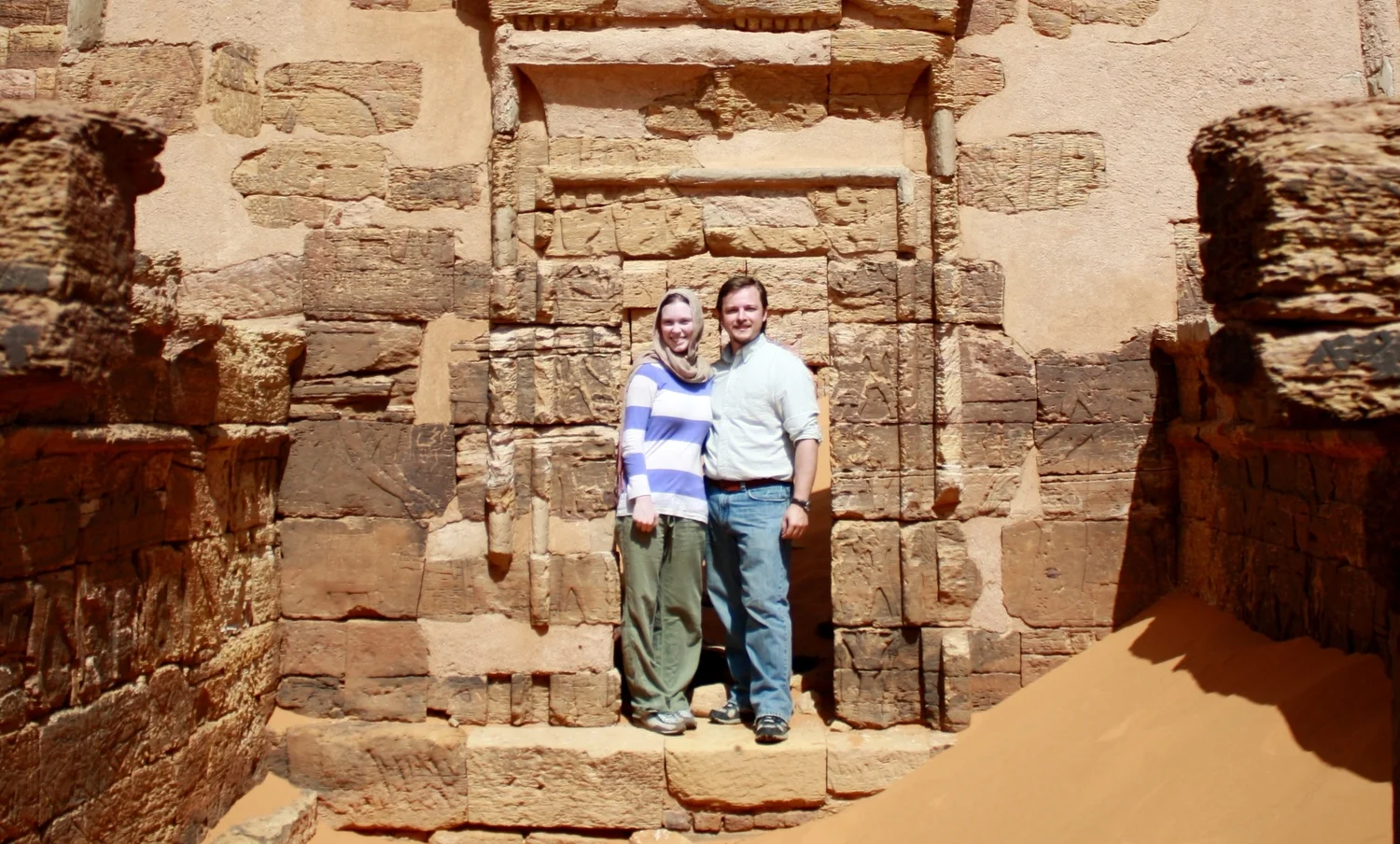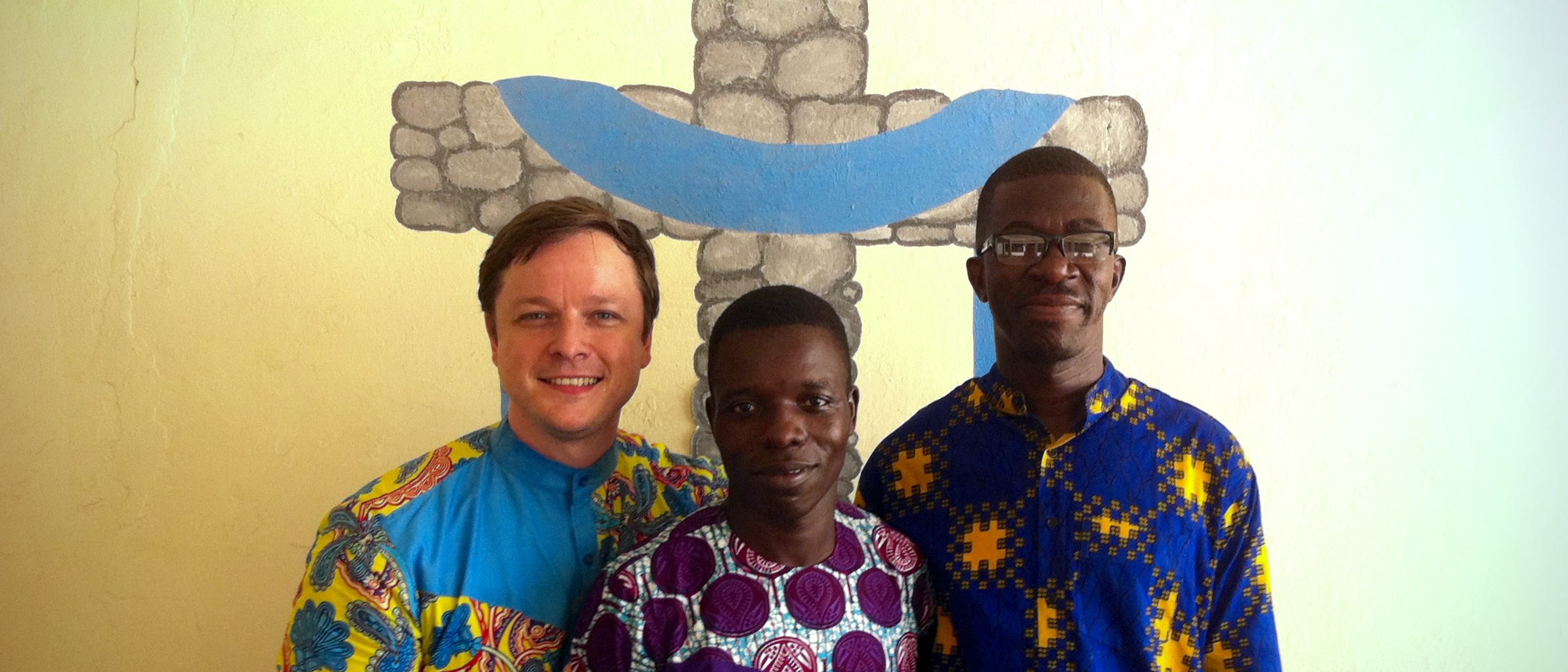A few days ago, Elise and I took Robert Frost’s advice, and took a road less traveled. As we slogged our way North on I-81, with its frequent stops and stalls, raging roadsters and sixteen-wheeler caravans, we chose to be impetuous: we would drive the entire length of the skyline drive.
High in the Blue Ridge mountains is a 105-mile road that runs the length of Shenandoah National Park. The road rides the ridge like a boat in a storm, one moment deep within a wave of light-sprayed canopies then bursting out into bright skies chasing green valleys, as blue mountains ripple off toward the horizon.
High on the mountain looking down everything shouted life. The bees at work in the flowers emerging from the roadsides. The trees reaching toward the sun. The houses and homes scattered along the valley floors.
At one stop, struck by the brilliance of life and color, one lone tree stood in stark contrast. This tree was afforded incredible privilege on this road: prime real-estate, rich earth, unobstructed by other reaching branches, direct light and rain. And yet, in spite of all its advantage and privilege, it stood there dead and decaying.
Up on the skyline I was raptured by God’s creative power and the beauty of His creation (Psalm 19.1), drawn near by His Spirit to cast all my care before His everlasting throne (1 Peter 5.7). High on that ridge, I was devastated that even there, it was possible to miss what God is doing right before our eyes.
A Place of Becoming
On the mountaintops of our spiritual life we can still miss the voice of God. Like Elijah, we search the earthshaking events of our lives, the strong winds and fires (1 Kings 19.11-13). Why? Because on other mountains we’ve seen God rain down fire (1 Kings 18). We’ve seen Him arrayed in splendor (Mark 9.2-8). We’ve seen the earth split at His command (Numbers 16). We’ve walked behind His manifest presence in a pillar of cloud (Exodus 14). We love these experiences because they are so explicit and unmistakeable. We long for the charismatic, profound and immersive experiences of God’s presence because they reveal the grandeur of the God we are so desperate for in our journey.
On the mountaintop God can speak through the storm and call through the fire. Along the shore He can part the waters and echo His will through the waves. Yet at other times, as we stand beneath the skyline, He whispers to us in a voice still and small. A voice easily missed in the everyday.
This is the road less traveled that makes all the difference. In the words of Jerry Sittser, “Who we choose to become and how we choose to live everyday creates a trajectory for everything else. Perhaps that is why the Bible says so little about God’s will for tomorrow and so much about what we should do to fulfill his will today.”
Although I met with God on the skyline drive I am not being called to make it my residence, to build a little lean-to shack and wait for the next grand moment of transfiguration. I must follow the same Christ I served going up the mountain back down into needs of the people waiting below (Mark 9.14-29). Staying there would lead me to the same fate as that dead tree.
To Stay or Go
Why are we as people so prone to stay? What is it that keeps us clinging to the mountaintops or rooted in past experiences, rather than following Jesus further on the journey?
How often do we take root in our pain, digging our heels into the earth of our discomfort. These wounds lead to cynicism which scar our faith and stunt our growth. Our souls become like that dead tree high atop the skyline drive. Why do we stay? Why do we root ourselves to cynical decay? “Cynicism,” Jeannie Allen writes, “is always driven by fear of the future or by anger regarding the past. Either we’re afraid of something that might never occur or we project something that has occurred on all the days that are to come.”
Ultimately, undealt with fear and anger will go with us wherever we go. They will stay where we stay and hitch a ride on our backs into pilgrimage. If we let them, fear and anger will leech on us in the desert and the promised land leading us to either die in the wilderness or be carried into exile.
To Hear and Know
This makes the words of David’s psalm all the more meaningful. In Psalm 143 David is pouring out his soul before the Lord. In his pray he recognizes his shortcomings, his exhaustion and his need. David is crying out to God, as if he were tossing back and forth on a makeshift bed in a dark cave, waiting for the relief of dawn.
David’s prayer in verse 8 is simple and sage: cause me to hear, cause me to know. “Cause me to hear in the morning of your steadfast love, for in you I trust. Cause me to know the way I should go, for to you I lift up my soul.” The Psalmist understood that whether in the valley of the shadow of death or the heights of mount Zion it is the love of God that brings the bright joy of morning after the long nights of despair. Beneath the skyline of God’s matchless love, he seeks God’s love and guidance.
As Elise and I, along with our troop of children, prepare to fly back to Senegal in a few days, we pray this prayer once again. Lord, cause us to hear your love and know your path. We lift our souls and all the concerns that seek to weigh us down before you.
Whether on the Blue Ridge Mountains or the plateau of Dakar, God is leading. Are we following? Jesus is speaking life. Are we listening? His Holy Spirit is moving among us, promising redemption and transformation in exchange for our bitter roots and stubborn decay. Today are we willing to yield our lives to His healing? Are we willing to share that good news with others?
finding the sons of shaphat
A chariot of fire, golden blazing horses sweeping the man of God into a whirlwind. I remember this story from countless Sunday school classes. The imagery is so rich and profound my ADHD-riddled mind could barely contain itself.
But I fear that as a child my eyes were so busy watching the prophet being swept away in a literal blaze of glory that I missed the passing of the mantle.
This past month, after two years of working with the national church of Senegal, we passed the mantle of the Family Church, the Assemblies of God church in Parcelles Assainies to my associate pastor Benoit. From a small midweek prayer meeting in a home, to a hotel meeting room on Sunday mornings. From a hotel to a house directly on a main road. From a handful of faithful to a growing family of increasingly redeemed and transformed Africans!
Everything we are, everything we love, everything we are called to do is wrapped up in this single image: a healthy national church led by national brothers and sisters. In the urban sprawl of Dakar, in the neighborhood of Parcelles Assainies, there stands a testament to everything God has promised to us as His workmen in the field: a church firmly planted where men, women and children are experiencing the presence of God among the nations.
When we think of Elijah we think of chariots of fire. We see images of Elisha picking up the mantle of his mentor and re-crossing the Jordan. But their story together begins far earlier than that.
In 1 Kings 19 after one of Elijah’s greatest victories against the wicked leadership of Ahab and Jezebel and the spiritual cancer of Baal, we watch as Elijah spirals into the deepest depression of his ministry. Sure he’s about to die, he abandons his servant and wanders into the wilderness. Hardly a victorious ending to an incredible life. In the wilderness God takes Elijah on a spiritual journey, through the desert into the mountains, through the earthquake and the fire. And, as we all know and love, Elijah then hears the still small voice of God. He wraps his face in his mantle and he meets with God.
Most sermons stop there. Most Sunday school lessons fixate on the still small voice and forget to listen to what the still small voice says.
God answers Elijah’s concerns about the spiritual depravity of Ahab and Jezebel by appointing new kings both foreign and domestic.
And then God addresses Elijah’s self-imposed isolation. God zeros in on Elijah’s fear that no righteousness remains in the land. God sends Elijah to find the son of Shaphat to follow him in ministry. Elisha the son of Shaphat will become a prophetic catalyst that will reach further than Elijah could do on his own.
We came to Senegal with a vision of a blue gate opened revealing a man waiting to be filled with the Holy Spirit. We came to Senegal searching for the sons of Shaphat, men and women who will carry the mantle of prophetic ministry into every neighborhood, home and heart in Dakar.
And God brought us Benoit. And on this past Sunday we had the incredible privilege of placing the mantle of ministry on Benoit’s shoulders. We will continue to mentor him and walk with him (there are no chariots of fire on the highways, although there might be some taxis with exhaust problems).
And God has now brought us Jeremié and his family. Together with Benoit we are now praying and walking the land for our next prayer meeting, our next neighborhood, our next church plant.
Thank you for letting us be your personal link from the local church to the unreached. Thank you for helping us create space to find the sons of Shaphat for an increasingly redeemed and transformed Africa!
From Left to Right: Brett, Benoit and Jeremié


